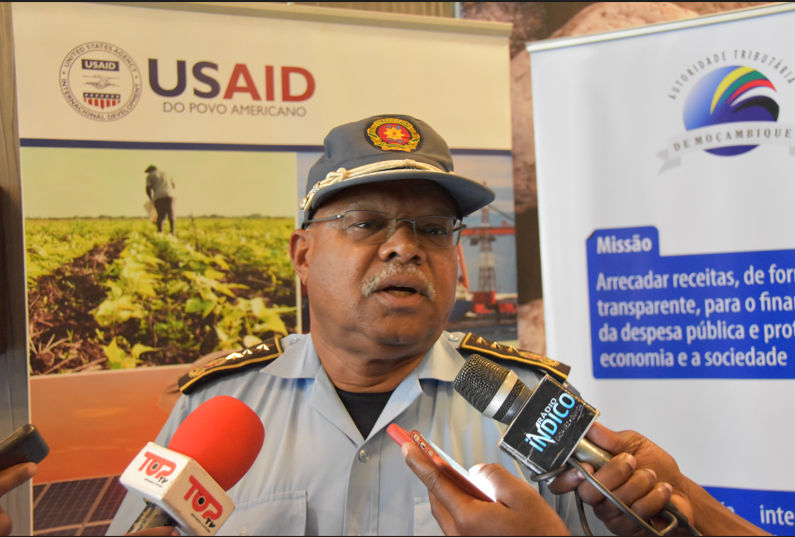News
Tax Authority (AT) wants to increase number of Authorized Economic Operators

A study developed by USAID, through the SPEED+ Project, EM 2017, revealed that the benefits of the figure of Authorized Economic Operator (AEO) are not explicitly defined and understood, and therefore implemented in different ways
In order to disseminate and inform about the AEO figure, the Tax Authority (AT) through the Directorate General of Customs (DGA), in partnership with the project SPEED+ organized on March 4 of this year, in Maputo, a seminar with the target group of customs in the southern region of the country and the private sector.
The AEO is a figure that arises from the need to apply more stringent and effective security measures in facilitating the flow of goods in international trade, responding, thus, to some international initiatives such as the Regulatory Framework for Security and Facilitation of Global Trade (SAFE, the acronym in English) of the World Customs Organization.
There are only 10 AEO accredited in the country, a number that the Director General of Customs, Ally Malá, wants to see increased in order to facilitate trade and consequently improve the business environment. Speaking on the occasion, Malá urged businessmen to join the AEO status in order to enjoy the inherent benefits, among which are preferential treatment at borders and ports, greater likelihood of being granted early departure in cases of regularization of certain irregularities found at the time of clearance, among other advantages.
The AEO program has been operational since 2012, however, adherence to the status remains weak. The SPEED+ Project's Trade and Investment Portfolio Manager, Rosário Marapusse, said he hopes that at the end of the training cycle, there will be greater adherence to the program by other importers and exporters, reducing the time for clearance of goods.
The training was given by international consultant Thomas Hempentall, a specialist in the implementation of AEO programs, and discussed among other issues, the security of the supply chain, financial solvency and records management system that allows for necessary internal controls.
During the debriefing, participant Manuel Zita, a customs official, said he left the event with a clear understanding of several aspects inherent to the AEO figure, especially with regard to his perception of green-line and blue-line operators. Manuel Zita said, however, that he hopes that the AEO figure will find a legal framework to facilitate the accreditation process.
Another participant, also from Customs, Osvaldo Correia mentioned the need to redouble efforts so that more operators are accredited for the benefit of trade facilitation in the country.
After Maputo, the training cycle continues in the city of Beira and Nampula on March 6 and 8, respectively.
